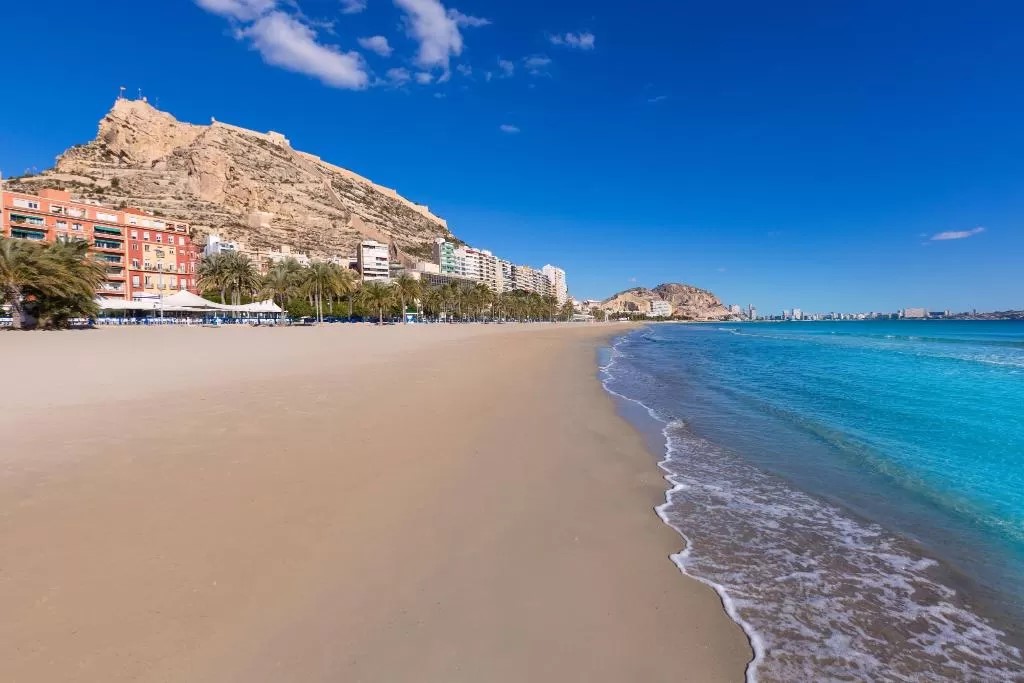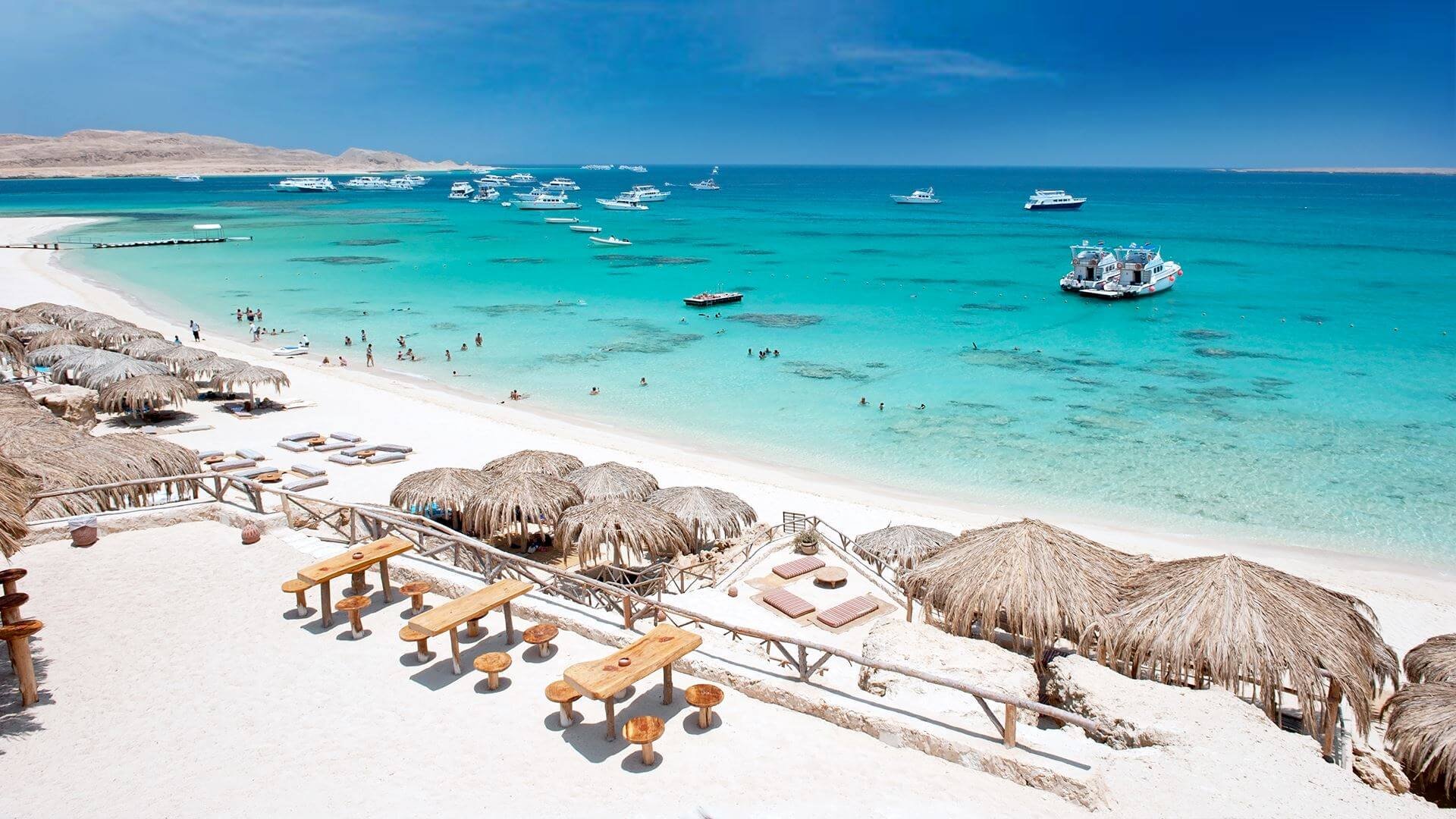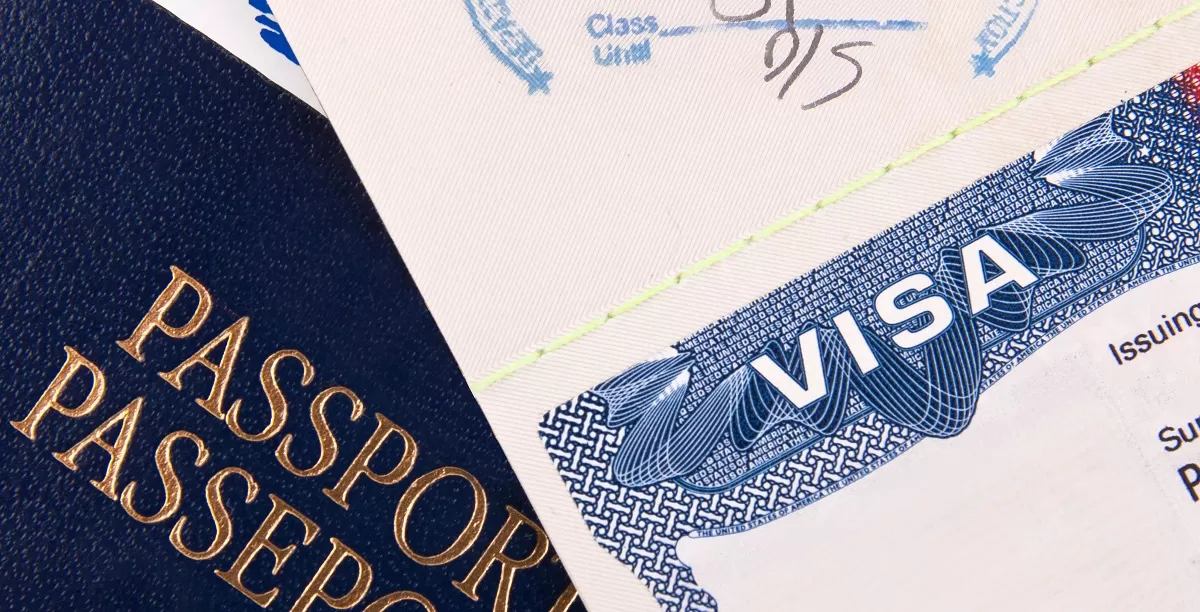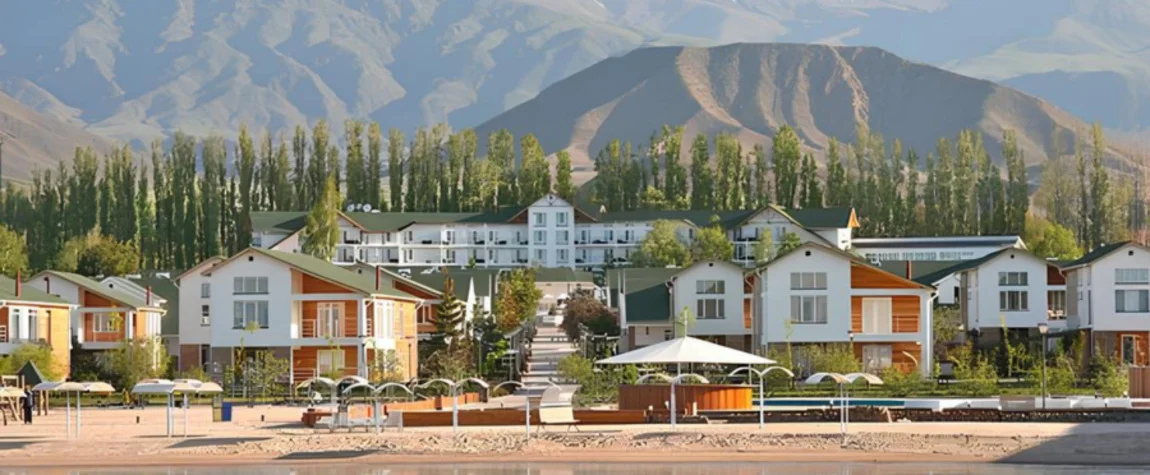Alicante a popular tourist destination in Spain, is renowned for its stunning beaches, historical landmarks, and vibrant culture. While the city offers an array of attractions and experiences, like any urban area, there are specific neighborhoods and areas where travelers should exercise caution due to safety concerns. These places have more crime, so it’s better to avoid them, especially at night. The areas to be cautious about are:
- San Anton
- La Florida
- El Pla del Bon Repós
- Carolinas Altas
- Raval Roig
- San Blas
- Lower Carolinas
- Virgen del Remedio
- Colonia Requena
- John XXIII
- Las Cuatrocientas Viviendas
To make sure you stay safe in Alicante, remember to be aware of your surroundings. Avoid walking alone at night, keep your things safe, and stay in well-lit and busy areas. Most of Alicante is safe for visitors and residents, but it’s good to know about these areas to be careful.
Below you will the tips to stay safe in the place
Is Alicante a Safe Place to Live?
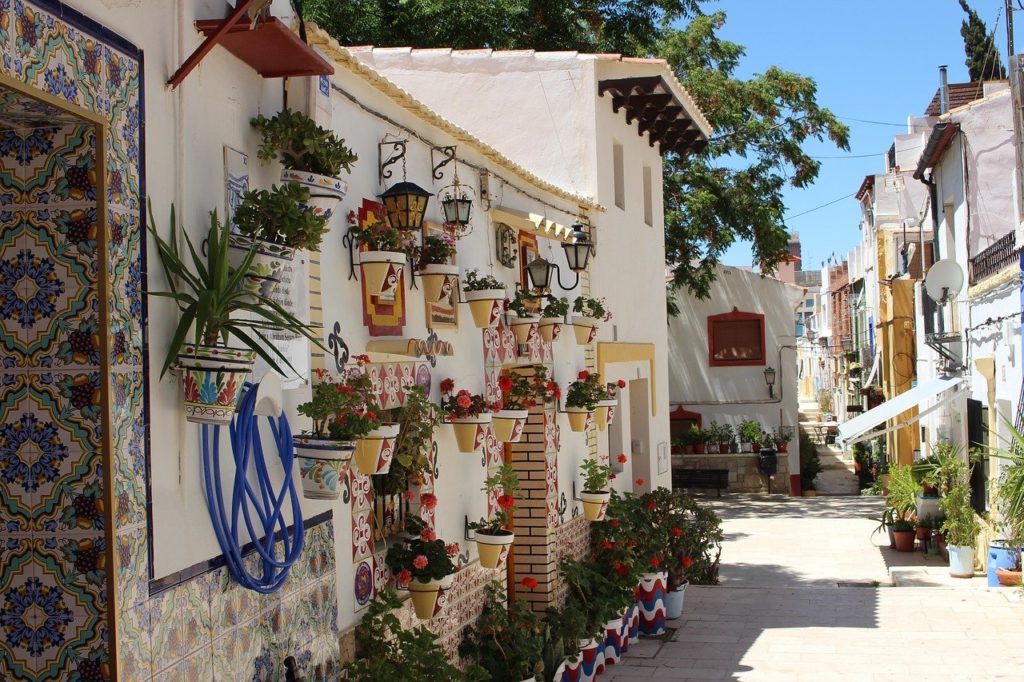
Yes, it is a safe city for people looking to live there. It has one of the lowest crime rates in Spain, much lower than big cities like Barcelona and Ibiza. Since most of the crimes in Alicante are usually aimed at tourists, living there as a resident can make you feel even safer.
Moreover, it doesn’t face big natural disasters, so you don’t need to worry about extreme weather if you’re moving there. Some parts of the province, far from the city, might have problems like droughts, power shortages, and service declines. But in the city, you can get good healthcare and the schools work well.
Further, there are many neighborhoods that are popular with people from other countries, and these places have lower crime rates. Most of the small thefts happen in places where tourists go. Vistahermosa is a peaceful area with good services, and La Albufereta is a calm place by the sea. Cabo de Las Huertas is a fancy neighborhood where many rich people from other countries live. Even though there’s a lot of money here, crime rates are still low, so it’s a good choice if you want to feel safe and free.
Living like a local can help you know your way around and not stand out like a tourist. This way, you’re less likely to be a victim of crime. You probably won’t go to the busy tourist places and will use quieter transport, so living in it should be pretty safe.
Alicante Dangerous Areas: Areas to Avoid While Traveling
Alicante is a beautiful city in Spain known for its beaches and history. But, like any place, there are some areas you should avoid to stay safe. Here are the places to be careful in Alicante:
- San Anton: This neighborhood has more crime, like muggings and robberies. It’s better not to walk around here at night.
- La Florida: This area also has more crime, so it’s best to avoid it, especially at night.
- El Pla del Bon Repós: Lately, there have been more crimes like theft and assault here, so it’s not very safe for tourists.
- Carolinas Altas: This neighborhood in the north of the city has a lot of crime, drug use, and prostitution. It’s not a good idea for tourists to go there.
- Raval Roig: This area is known for drug-related activities and isn’t safe for tourists.
It’s always important to be aware of where you are and take steps to stay safe when you travel. Avoid walking alone at night, keep your things safe, and stay in well-lit and busy areas.
Even though there are some places to be cautious about, there are still many great and safe places to visit in Alicante. You can see the Santa Barbara Castle, the Archaeological Museum of Alicante, and relax on Playa del Postiguet beach.
Is Alicante Safe to Visit?
Yes, Alicante is a big part of Spain, known for the Costa Blanca holidays. It has lovely Mediterranean views from the blue sea to the mountains. It’s warm here all year round, and you can enjoy culture, beaches, nightlife, and great food. Lots of tourists, around three million, come here every year. Thus a lot of British pensioners choose Alicante as their destination to retire in Spain from the UK.
Besides them, there are about 100,000 people from other countries and 30,000 students living in the city. It is a nice place, but like any city with tourists, there can be some small crimes, so be careful.
In general, it has low crime rates in Europe, and Alicante is no different. There were a few more crimes in the last few years because of money problems, but the most common crime in Spain, which is stealing things from cars, has gone down a lot over the years.
In addition, the safety index is 68.25, which is similar to cities like Krakow and Copenhagen. It’s also safer than cities like London, Rome, Brussels, and Lisbon. But being safe is not only about crime. What about natural problems in this area?
Extreme weather is not usual in Western Europe, so you don’t need to worry too much when you come here for a visit or to live. But because it’s warm and dry, there can be droughts and wildfires, and the sun shines about 300 days a year, which can be bad for your skin and make you dehydrated.
Lastly, this part of Spain can also have earthquakes sometimes, but they’re usually not very big. There was a serious earthquake in 2016 in southern Spain, which killed 10 people. So, keep that in mind when you visit Alicante.
Top Tips for Staying Safe in Alicante
Prioritize Leave valuable possessions at home: Safeguard your vacation by minimizing the valuables you carry. Secure your money, passport, and expensive gadgets in your hotel’s safety deposit box.
Opt for Airport Transfers: Avoid the risks associated with unregulated taxis and potential money scams. Instead, arrange airport transfers through your accommodation or a reputable service to reduce waiting times and enhance your sense of security.
Thoroughly Research Your Neighborhood: Ensure a safe stay by conducting comprehensive research before your visit to Alicante. While the city boasts a generally safe environment, reading accommodation reviews can provide valuable insights. Look for well-lit streets in residential neighborhoods when choosing vacation rentals.
Avoid Solo Nighttime Walks: As is prudent in any European city, refrain from walking alone at night. Opt for public transportation or take a taxi when venturing into poorly lit areas, deserted alleys, or the beaches after dark.
Be Mindful of Alcohol: Alicante offers an array of vibrant nightlife options, and alcohol is readily available. While it’s tempting to indulge, it’s essential to know your limits. Excessive drinking makes you more vulnerable to criminal activity, so never leave your drinks unattended. While police presence is substantial in the city center, you don’t want to encounter them inebriated and disorderly.
Respect the Sun: The Mediterranean sun can be intense, potentially causing skin damage. Ensure you apply sunscreen with a sun protection factor (SPF) of 30 or higher daily, even on overcast days. Staying hydrated is equally important to avoid dehydration.
Use Public Transport: While public transport can be a target for pickpockets in many cities, Alicante’s transportation systems are generally safe, particularly if you remain vigilant. Carjacking incidents and busy roads can make rental cars riskier.
While car rentals are generally safe, they are not without risks. Save money and enhance your safety by relying on the city’s well-regulated public transportation system.
Dangerous Neighborhoods in Alicante
| Neighborhood | Safety Concerns |
| San Blas | High rate of thefts and assaults |
| Lower Carolinas | High number of drug-related crimes |
| Virgen del Remedio | Exercise caution |
| Colonia Requena | Approach with care |
| Juan XXIII | Use discretion |
| Las Cuatrocientas Viviendas | Caution advised |
| San Anton | higher crime rates, including muggings and robberies |
| La Florida | higher crime rate |
| Carolinas Altas | crime, drug use, and prostitution |
| Raval Roig | drug-related activities |
Best Neighborhoods to Live in Alicante
| Neighborhood | Notable Features |
| Casco Antiguo-Santa Cruz | Charming and highly rated |
| Diputacion-Ensanche | Safe and well-connected area |
| The Albufereta | Tranquil living by the sea |
| Cabo de la Huertas | Exclusive residential neighborhood |
| San Juan Beach | Beautiful beachfront and safety |
Is Alicante Safe for Solo Travelers?
Yes, Alicante is a safe place for people traveling alone. Even though it’s generally safer than some areas in the UK and France, there are still some things to consider if you’re on your own. Are there certain areas to avoid?
Well, no matter where you go, being alone can make you a bit more vulnerable to crime. It’s usually safer when you’re with others, except for online risks. In Alicante, though, the chances of being mugged, carjacked, or physically attacked are quite low. Hate crimes, like mean words or physical fights, are not very common, which is good news for solo travelers.
Moreover, walking around the touristy parts of Alicante by yourself during the day is generally very safe, no matter who you are. Women don’t usually have to worry more about safety because most incidents involve small, opportunistic crimes that victims might not even notice. Pickpocketing does happen, but it’s not as common as in big European cities. Just be careful and leave your valuable stuff at home to reduce this risk.
The locals in Alicante are friendly and helpful, so they can give you advice on where it’s safe to go if you’re traveling alone. It has some good and not-so-good areas, but the good ones are more common, and you won’t hear many scary stories about the city.
But, like any big city, it’s not very safe to walk alone at night. If you’re traveling by yourself, it’s better to avoid the neighborhoods of Virgen del Remedio and Juan XIII. There have been rumors about gangs in those areas, and it’s safer to stay away from them.
Is Public Transport Safe in Alicante?
Yes, Alicante has buses and trams that go to different places and don’t cost a lot. You can use the bus to get to the airport and to travel around Downtown and the Harbor.
The main train station is in the middle of the city and connects it to nearby cities and even other countries with fast trains. But the tram is a good way to get around the city center. It’s fast and cute, and it costs the same as the bus – €1.40 ($1.54) for one ride. The tram goes to the popular places in the city.
Furthermore, public transport in Alicante is less safe than in quieter areas because there are more people, and that can mean more chances of things like theft. The most common problem in Alicante’s public transport is small thefts, just like in the rest of the city. Some people work together to steal things on trams and buses.
But don’t worry too much. You can take some steps to make it harder for thieves. Leave your cash at home, try to blend in like a local, and put your money and important stuff in places that are not easy to reach. This way, you’ll be less likely to lose your things.
You can use public transport in Alicante at night, and it’s safer than walking alone in the dark. Taxis are also pretty safe, but you should ask the driver to use the meter to avoid overcharging.
Optimal Timing for Your Alicante Adventure
For an optimal visit to Alicante, consider the splendid year-round climate that graces the city with nearly 300 sun-kissed days. While this Mediterranean gem welcomes travelers at any time, the springtime shoulder season spanning from March to May beckons with cerulean skies, fewer throngs, and an inviting average temperature of 20 degrees Celsius.
By choosing this period, you gracefully sidestep the bustling peak season, which spans from June to September, while also reaping the rewards of enticing off-season discounts and compelling offers.
Unquestionably Worth the Visit: Discovering Alicante’s Diverse Appeal
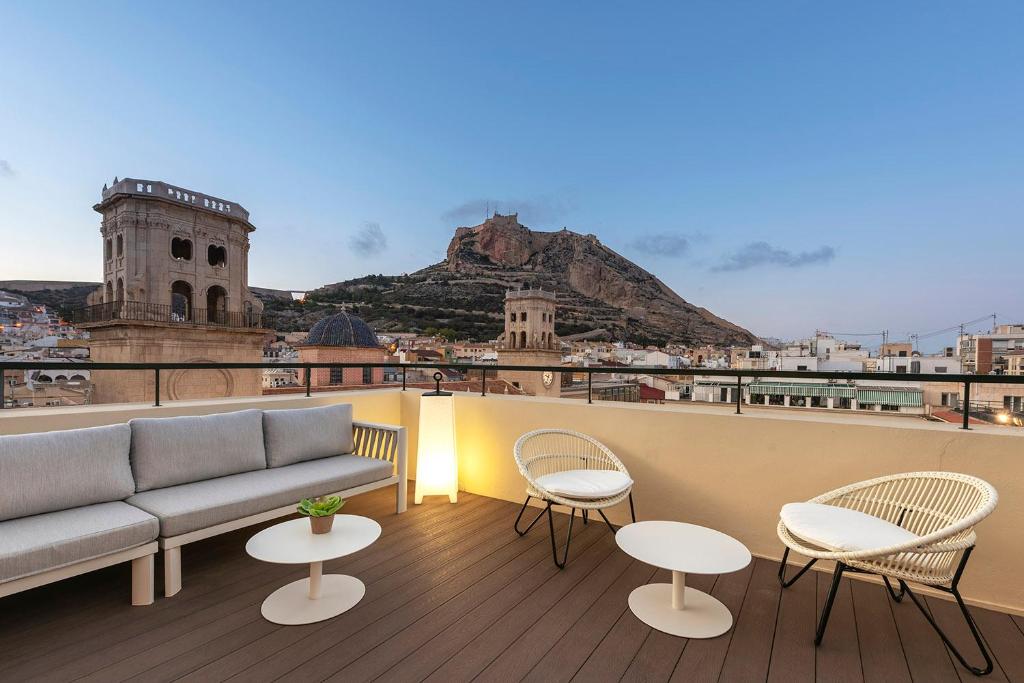
Alicante undeniably merits a visit, boasting an array of attractions tailored to a wide range of travelers. From pristine beaches and historic landmarks to bustling shopping districts and vibrant late-night venues, this city offers a comprehensive experience.
Additionally, it stands out as one of Spain’s safest urban centers, providing a plethora of captivating points of interest. Whether you seek coastal enchantment along the seafront promenades and neighboring fishing villages, family-friendly resorts adorning the southern shores, or a lively nightlife scene sustained by its university population, it promises a year-round destination with something for everyone.
FAQ’s
What area is best to stay in Alicante?
The best area to stay in Alicante is El Centro (Old Town), where you’ll find main attractions and excellent hotels like Hospes Amérigo.
What is crime like in Alicante?
Crime rates in Alicante are relatively low. The level of crime is comparable to Valencia, and the overall crime rate has seen marginal increases in recent years.
Where is the cheapest place to live in Alicante?
The cheapest neighborhoods in Alicante are Virgen del Remedio, Juan XXIII, and the northern area of the city.
Where is the best place to live in Alicante?
Some of the best neighborhoods to live in Alicante include Vistahermosa, La Albufereta, Cabo de Las Huertas, and the District of Ensanche-Deputation.
What is the cheapest area in Alicante?
The cheapest areas in Alicante are Alto Vinalopó, Comtat, and Bajo Vinalopó, while the most expensive areas are Marina Alta, Marina Baja, and Alacantí.
What is the most popular part of Alicante?
The most popular parts of Alicante include Vistahermosa, La Albufereta, Cabo de Las Huertas, and the District of Ensanche-Deputation.
Is Alicante safe for females?
Alicante is generally safe for female travelers, but it’s essential to take standard safety precautions, such as avoiding dark alleys and being aware of your surroundings.
What to wear in Alicante?
When visiting Alicante, wear comfortable clothing and prioritize sun protection, especially during hot weather. High SPF sun lotion, sun hats, and lightweight cover-ups are recommended.
Why is Alicante famous?
Alicante is famous for its beautiful beaches, vibrant nightlife, and great restaurants. It is also known for its rich history, making it a great destination for history enthusiasts.
Where to live in Alicante as an expat?
Expats can consider living in neighborhoods like Vistahermosa, La Albufereta, Cabo de Las Huertas, and the District of Ensanche-Deputation in Alicante.
Is tap water safe in Alicante?
Tap water in Alicante is generally safe to drink as it undergoes treatment and adheres to European and Spanish regulations. Look out for signs that read “Agua No Potable” if you’re near the beach or in public settings.
Where to stay to visit Alicante?
For a visit to Alicante, staying in the Casco Antiguo (Old Town) is recommended, as it offers proximity to historic sites and the Postiguet beach.
Which hotel to visit in Alicante?
A recommended hotel is located in the Old Town, close to key attractions like the town hall, the Cathedral of Saint Nicholas, and the Castle of Santa Barbara. It’s a convenient location for both tourism and beach activities.
Another nice neighborhood in Alicante?
Ensanche Diputación is a beautiful seafront neighborhood that connects with the old town and offers access to El Postiguet beach and the Explanada de España promenade.
Final Words
To sum up, while Alicante is generally a safe and welcoming city for tourists and residents, it’s essential to be aware of certain neighborhoods with higher crime rates. Taking precautions and avoiding specific areas, such as San Anton, La Florida, El Pla del Bon Repós, Carolinas Altas, and Raval Roig, particularly at night, will help ensure a safer and more enjoyable experience in Alicante.
By staying vigilant and adhering to safety guidelines, visitors can make the most of their time in this beautiful Spanish city while minimizing potential risks.







